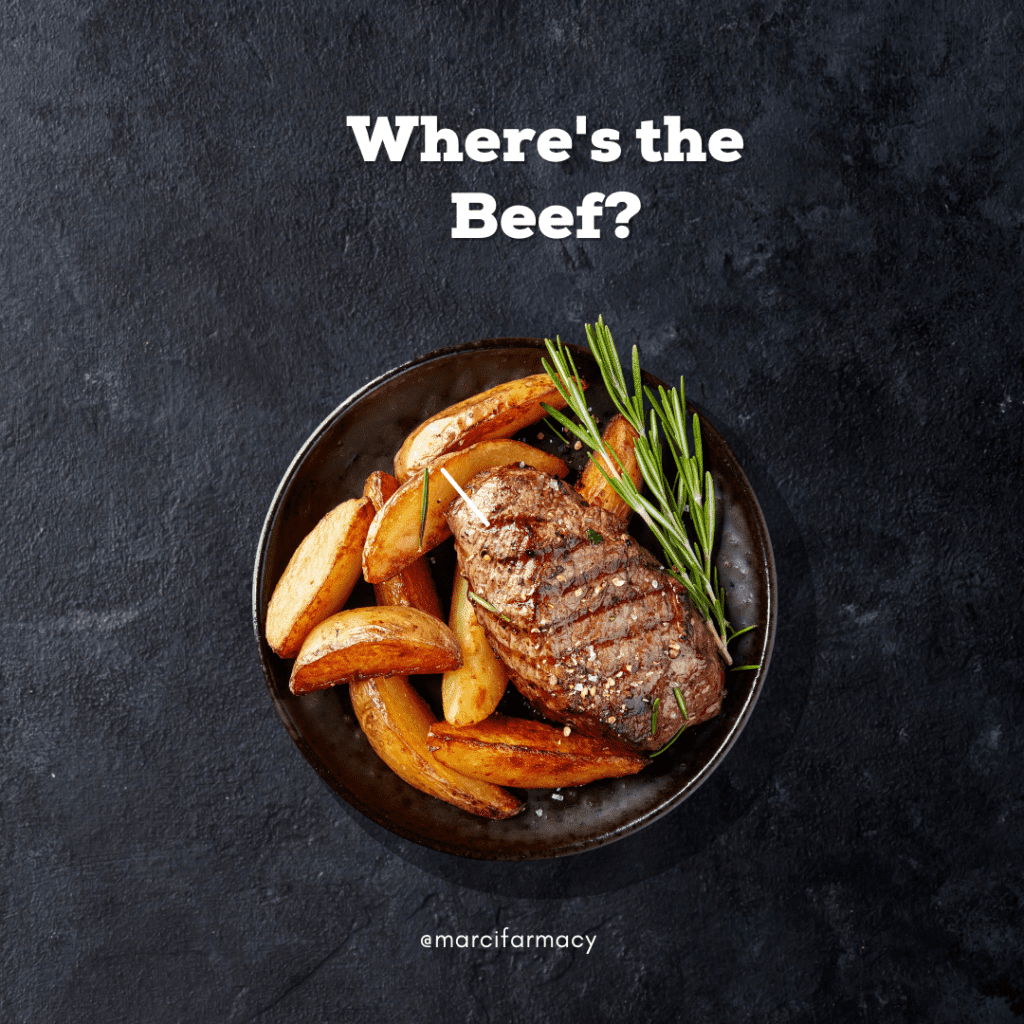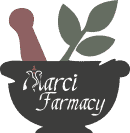
Carnivore’s Guide to Eating Healthy and Humanely
I get asked all the time, “do you eat meat”? Yes, I do. And here is why. Receiving my master’s in human nutrition I learned the many health benefits that animal protein contains. It is loaded with nutrients like vitamin B12, zinc, iron, omega-3 fatty acids, vitamin E, and list goes on. Not only a great source of protein but our body can more readily absorb heme-iron from animal protein than it can absorb and assimilate non-heme iron from plants.
Now, I respect those that are vegetarian and vegan due to animal welfare/treatment and their feelings regarding slaughtering animals for human consumption. Also, those that follow a vegetarian lifestyle based on their religion. I am not here to sway anyone’s beliefs that eating meat is just or right. I also understand if animal protein and their sources do not agree with your physiology. We all came from different backgrounds, and it is undeniable that we all thrive on different sources and types of foods. I am a firm believer of bio-individual or personalized nutrition.
If you are looking to eat the healthiest and most humanely way possible than I have put together this great little blog article to help you find the highest quality animal protein.
Here we go…
Pasture-raised (not cage-free) chickens and eggs.
Pasture-raised organic eggs, (local is even better). Organic pastured eggs come from hens that forage naturally on a pasture, eating a natural diet of grass, bugs, worms ultimately what they are meant to eat! Which produces more nutritious eggs with up to twice as much Vitamin E and omega-3s, and a healthier ratio of omega-6 (inflammatory) to omega-3 fatty (anti-inflammatory) acids.
“Cage-Free” and “Natural” does not mean much – “Cage-Free” just means the chickens were not in cages but it does not mean they spent anytime outside. It could also, mean no access to outdoors and crammed inside large warehouses or barns just not in a “cage”.
Look for the ‘Certified Humane label’. Pasture-raised eggs that also carry the Certified Humane label are third-party certified that each hen has a minimum of 180 square feet of space outdoors year-round, on grassy fields, with fixed or mobile housing for sleeping and protection.
Poultry, Cattle, Sheep, Goats, and Bison
Animal Welfare Certified – Global Animal Partnership @ CertifiedGAP.org is one of the largest farm animal welfare standards and labeling organizations in North America. Unfortunately, we cannot rely on the USDA to ensure farm animals are raised humanely with no added growth hormones, and no antibiotics used. This is where Global Animal Partnership or G.A.P. comes in. It is an independent certification that the meat comes from sustainable, pasture-based family farms.
Global Animal Partnership has a step program:
Step 1 Base Certification is the minimum G.A.P. animal welfare certification level. It means all the farms and/or ranches raising the animal have met over 100+ animal welfare standards including more space to move around, and no cages or crates to confine them. It also confirms the animals were raised without antibiotics and added hormones and were also fed a vegetarian diet with no animal by-products.
Step 2 Enriched Environment. Animals were raised in environments that provide them with more space and additional enrichments (such as straw bales and perches) to encourage natural behaviors.
Step 3 Outdoor Access. Animals have the choice of indoor or outdoor living (weather permitting for poultry) and have additional enrichments indoors and out. At this level, farms and ranches ensure the animals are managed in both environments.
Step 4 Pasture Raised. Animals are raised on pasture year-round. In some climates where pastures need to be protected for use the next year, animals must still be given daily access to outdoor areas. Cattle, sheep, goats, and bison are not permitted to be finished in feedlots. Farmers and ranchers raise animals that are well suited for outdoor living, and sustainability manage their environments.
Step 5 Animal Centered. Animals live on pastures year-round, with protection from the environment (shelters, windbreak, etc.). Farmers and ranchers raise animals that are well suite for outdoor living, and sustainably manage their environments. No physical alterations are performed on any of the animals (i.e., castration, tail docking, etc.).
Step 5+ Entire Life on Farm. Cadillac step of humanely raised animal protein. The top tier of animal welfare certification. All the requirements of the Animal Centered level are met (animals live on pasture year-round with protection, no physical alterations allowed, etc.) but animals are also processed on-farm.
More info at: https://globalanimalpartnership.org/
Animals that are humanely raised on pastures are healthier and more nutritious. They have more vitamin E, beta-carotene, vitamin C, and several health-promoting fats, including omega-3 fatty acids and “conjugated linoleic acid,” or CLA. Pasture-raised animals have up to 10 times more Omega-3 fatty acids. In feedlot grain-fed meats, omega-3 fatty acids drop to almost zero.
Terms to look for when purchasing animal protein sources.
Certified Humane
Certified Organic (with exceptions) – organic meat can still be raised in factory farm conditions. However, routine antibiotics and GMOs are prohibited from their feed, and only fed an organic diet. Organic animals must also be given access to the outdoors. Ideally, look for Certified Organic along with Animal Welfare Approved and Certified Humane.
Organic meat production: No antibiotics: These chickens are never given antibiotics, including in the egg. That said, there is no inspection process to verify this label before it is employed.
Grass-fed Beef – No Grain-fed, grain-fed finished or grass-fed finished- ALL GRASS-FED for entire lifespan of cattle, bison, goat, sheep, etc.
Other animal sources – eggs, milk, butter, yogurt, cheese, etc.
- Certified Organic
- 100% pasture raised.
Your best bet is to look for the Global Animal Partnership logo. I have been hard pressed to locate chicken with a higher step than 3. For beef I have been able to locate step 4 (which I believe pertains much more to cattle, bison, sheep, and goats.)
I shop mostly at Whole Foods. But you can find GAP certified animal protein through Thrive Market online as well. Even better contact a local butcher or ranch and see about purchasing directly from them. You can ask them how their animals are raised and if they follow the Global Animal Partnership certification.
I believe we vote with our dollar. If you can afford to purchase humanely raised animal protein than do so, it will drive down the price so others can afford it. Please avoid “Conventionally raised”, “Feed Lot”, and/or “Concentrated Animal Feeding Operations or CAFOs” when purchasing beef, poultry, eggs, etc.
Eating organic, humanely raised animals is not only healthy for us and the animals, but it also has a huge impact on our planet. Honoring the ecosystem that takes place when animals forage and graze in their natural environment will save our world. I truly believe this!
Documentary Recommendation:
Food Inc. – You will learn why animals are given antibiotics in CAFOs vs. humanely raised living and feeding within their own natural environment.
Book Recommendations: (If you really want to get fired up and be an advocate for our food system)
READ:
Omnivore’s Dilemma by Michael Pollan
Food Politics: How the Food Industry Influences Nutrition, and Health by Marion Nestle (not related to the Swiss food conglomerate)
The Unhealthy Truth by Robyn O’Brien
